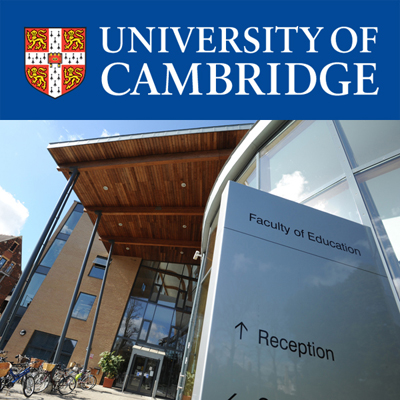Sample Lecture: Psychology of Education
Duration: 23 mins 24 secs
Share this media item:
Embed this media item:
Embed this media item:
About this item

| Description: |
Explore how cognitive psychology has contributed to education.
|
|---|
| Created: | 2013-08-07 12:06 | ||
|---|---|---|---|
| Collection: |
Seminar Uploads
Undergraduate Open Days |
||
| Publisher: | University of Cambridge | ||
| Copyright: | Michelle R. Ellefson | ||
| Language: | eng (English) | ||
| Keywords: | Cognitive Psychology; Memory; A Time for Telling; Good Revision Techniques; | ||
| Credits: |
|
||
| Abstract: | This short lecture explores some of the research findings from cognitive psychology that could have an impact on educational practices. In the first part of the lecture, we complete part of a classic study (Bransford & Johnson, 1972) looking what factors might help us remember. The results of this study indicated that having meaningful personal experiences before learning about something new helps us remember that something new much better than without those experiences. Further, those experiences need to be relevant for the information that we are about to remember. As a result of this work, Schwartz & Bransford (1998) recommended that there is 'a time for telling' meaning that lectures are only useful when they come after meaningful and relevant experiences. In the second part of the lecture we talked about a recent review paper by Dunlosky et al. (2013) that looked at a large number of different types of experiments in different learning contexts to evaluate whether certain types of revision techniques are useful. They report that some very popular techniques do not actually help with learning. We concluded the lecture with a discussion of these techniques.
|
|---|---|

